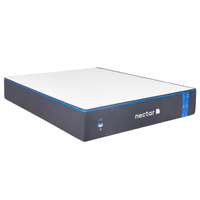How to use the 4 7 8 sleep method to fall asleep fast and ease nighttime anxiety
The 4 7 8 breathing method for sleep is perfect if you're too stressed or anxious to fall asleep fast
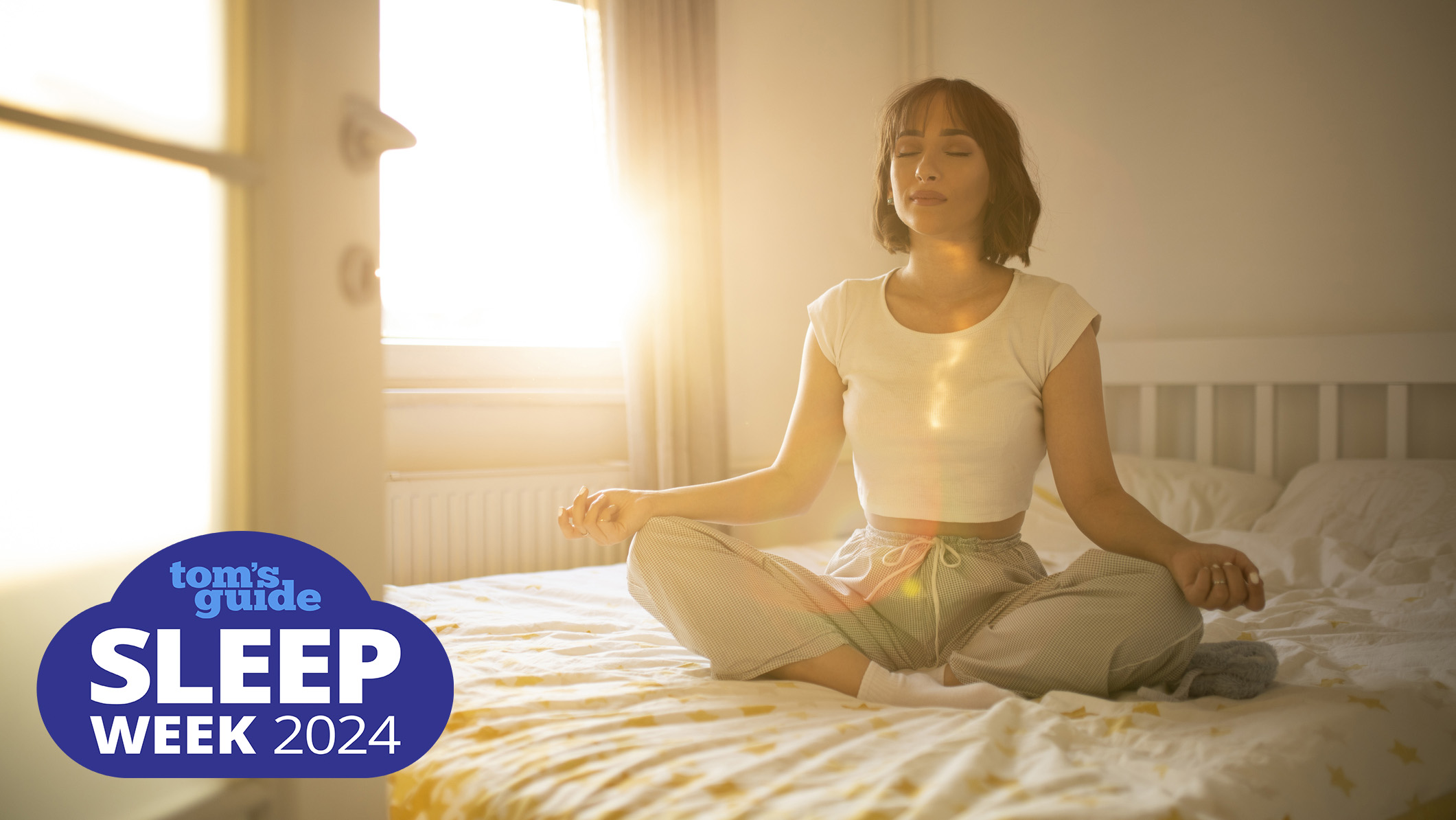
The 4 7 8 sleep method is a breathing technique that can help you quickly drop into a state of relaxation, which in turn will help you fall asleep faster. It works especially well for combatting sleep anxiety and easing a stressed out mind at bedtime, but it can be used to help you fall asleep more easily during a daytime nap too,
Developed by Dr Andrew Weil, Founder and Director of the University of Arizona Center for Integrative Medicine, the 4 7 8 sleep method is a form of conscious breathing and a simple yet effective technique for feeling calmer before sleep.
Dr Weil described the 4 7 8 sleep method as “a natural tranquilliser for the nervous system”. As part of Sleep Awareness Week 2024, here's what you need to know about this popular breathing technique, how it works and how to use it to fall asleep fast tonight...
- Read more: Intrusive thoughts keeping you awake? Try this ER doctor ‘brain hack’ to fall asleep quickly
- Twitching in your sleep? Expert shares 5 most common causes of hypnic jerks
Nectar Mattress: up to 40% off at Nectar Sleep
During Sleep Awareness Week, you can save up to 40% on memory foam and hybrid mattresses at Nectar Sleep. We rate the Nectar Memory Foam as the best mattress for most sleepers with a smaller budget seeking a breathable and supportive all-foam bed to relieve aches and pains. A queen is now reduced to $649 in the US and £600 for a double with a free bedding bundle in the UK. You'll also get a lifetime warranty and year's sleep trial.
What is the 4 7 8 sleep method breathing technique?
According to Dr Andrew Weil, creator of this breathing technique, the 4 7 8 sleep method is a form of 'conscious breathing'. It encourages you to let go of anxiety, stress and other negative feelings, and replace them with a state of calm that's better suited to falling asleep fast.
Also known as the Relaxing Breath, the 4 7 8 sleep method is very popular with people dealing with sleep anxiety or who are too wired, worried and stressed to switch off for sleep. That makes it harder to fall asleep, and can lead to wake-ups in the night.
The 4 7 8 sleep method aims to reduce all of that at bedtime so that you have a better chance of falling asleep fast and sleep through the night.
How does the 4 7 8 sleep method work?
When talking about the 4 7 8 breathing technique, Dr Weil explained how, “this exercise is subtle when you first try it, but gains in power with repetition and practice.”
Sign up to get the BEST of Tom's Guide direct to your inbox.
Get instant access to breaking news, the hottest reviews, great deals and helpful tips.
The 4 7 8 sleep method works by activating your parasympathetic nervous system (PSNS). Psychologists describe the PSNS as the system responsible for rest and relaxation, and for switching off the sympathetic nervous system (SNS) – the one that kick-starts your stress response and ‘fight or flight’ mode.
Through deep, rhythmic breathing, this powerful technique helps you fall asleep faster while reducing any night time anxiety and stress you might be feeling. Here’s how to use it tonight…
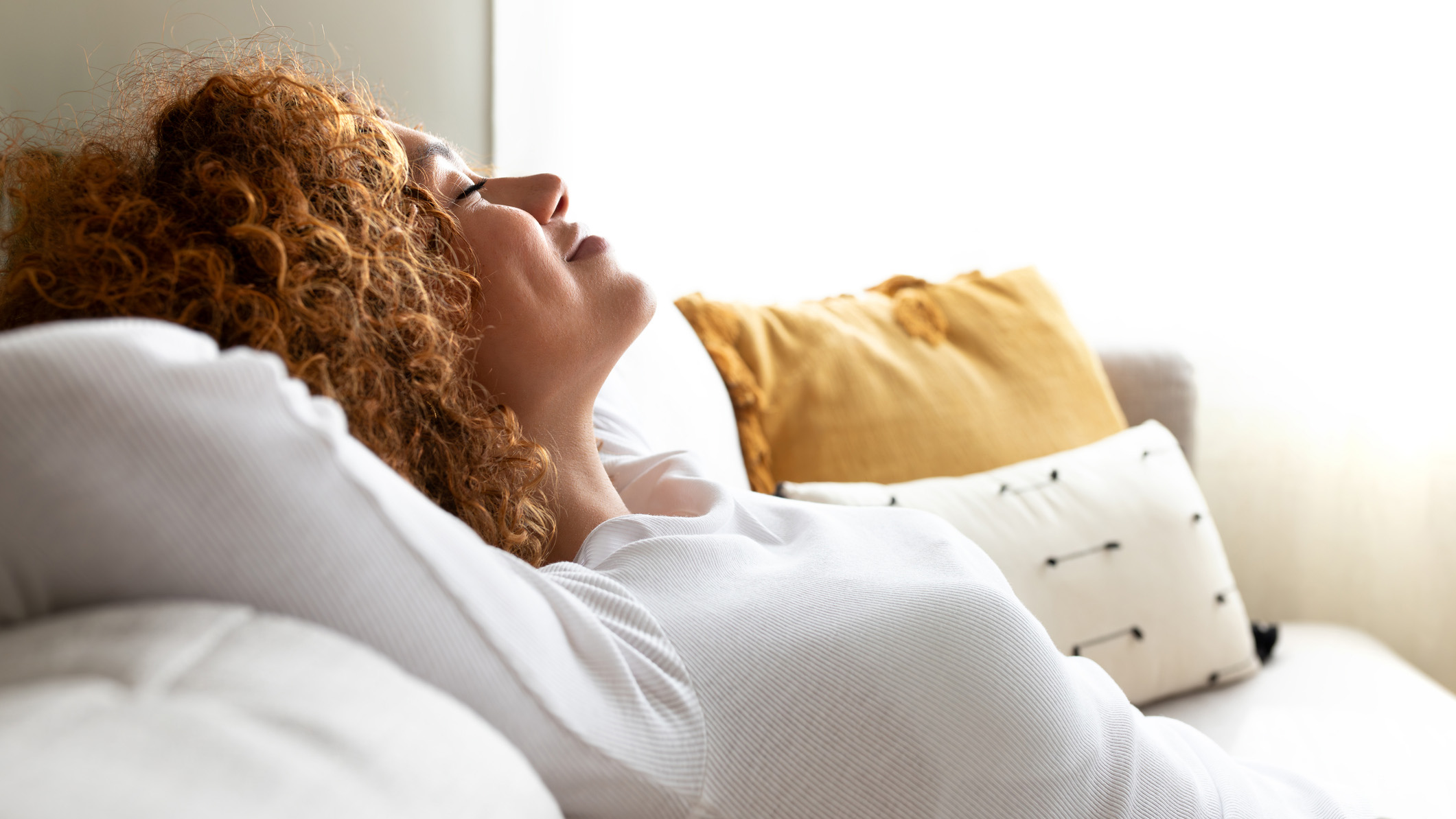
How to use the 4 7 8 sleep method
First things first, you need to practice this breathing technique twice a day every day. Just like the military sleep method, the 4 7 8 sleep method increases in power the more you use it.
Secondly, if you have asthma or a respiratory condition, speak to your doctor first to make sure this breathing technique is safe for you to use. Ready to start? Then here’s how to use the 4 7 8 sleep method tonight…
1. Get into a comfortable position and relax your body.
2. Place the tip of your tongue against the tissue behind your upper front teeth.
3. Exhale through your mouth, making a whooshing sound.
4. Close your mouth and inhale through your nose for 4 seconds.
5. Now hold your breath for 7 seconds.
6. Exhale fully through your mouth for 8 seconds, making a whooshing sound as you breathe out.
7. That counts as one cycle of breath. Repeat this cycle 3-4 times, twice a day.
If you find it hard to hold your breath for that long to begin with, you can speed up the count in the beginning as long as you stick to the 4:7:8 ratio per breath.
It may take four to six weeks to notice any big changes, but with twice-daily practice you’ll soon be falling asleep faster and feeling more peaceful when drifting off.
And if you wake up often at night, you can also use the 4 7 8 sleep method to get back to sleep quickly. Here’s Dr Weil on how to use this breathing technique and what it sounds like when you do it right:

How does it compare to the Military Sleep Method?
While both the 4 7 8 sleep method and the Military Sleep Method involve breathwork, the 478 sleep method is essentially a breathing technique while the Military Sleep Method is a visualization technique based on Cognitive Behavioral Therapy (CBT).
Both can be powerful ways to calm your sleep anxiety and stressed out mind to fall asleep faster at night, but we usually find that most people gravitate towards one or the other. If you're very stressed and anxious, try the 4 7 8 Sleep Method as it will quickly regulate your breathing and drop you into a place of calm.
You feel too stressed out otherwise to work through the imagery laid out in the Military Sleep Method, which has some similar elements to a guided sleep meditation or body scan technique. Make sure your environment matches the mood you want to achieve as well. We've explored how light pollution can disrupt your sleep, so if you want to try the 4 7 8 method, opt for a dark room.
Of course, there are other methods you can use to fall asleep besides the Military Sleep Method and the 4 7 8 method, such as the the 5-4-3-2-1 method for helping sleep anxiety and Cognitive Shuffling.
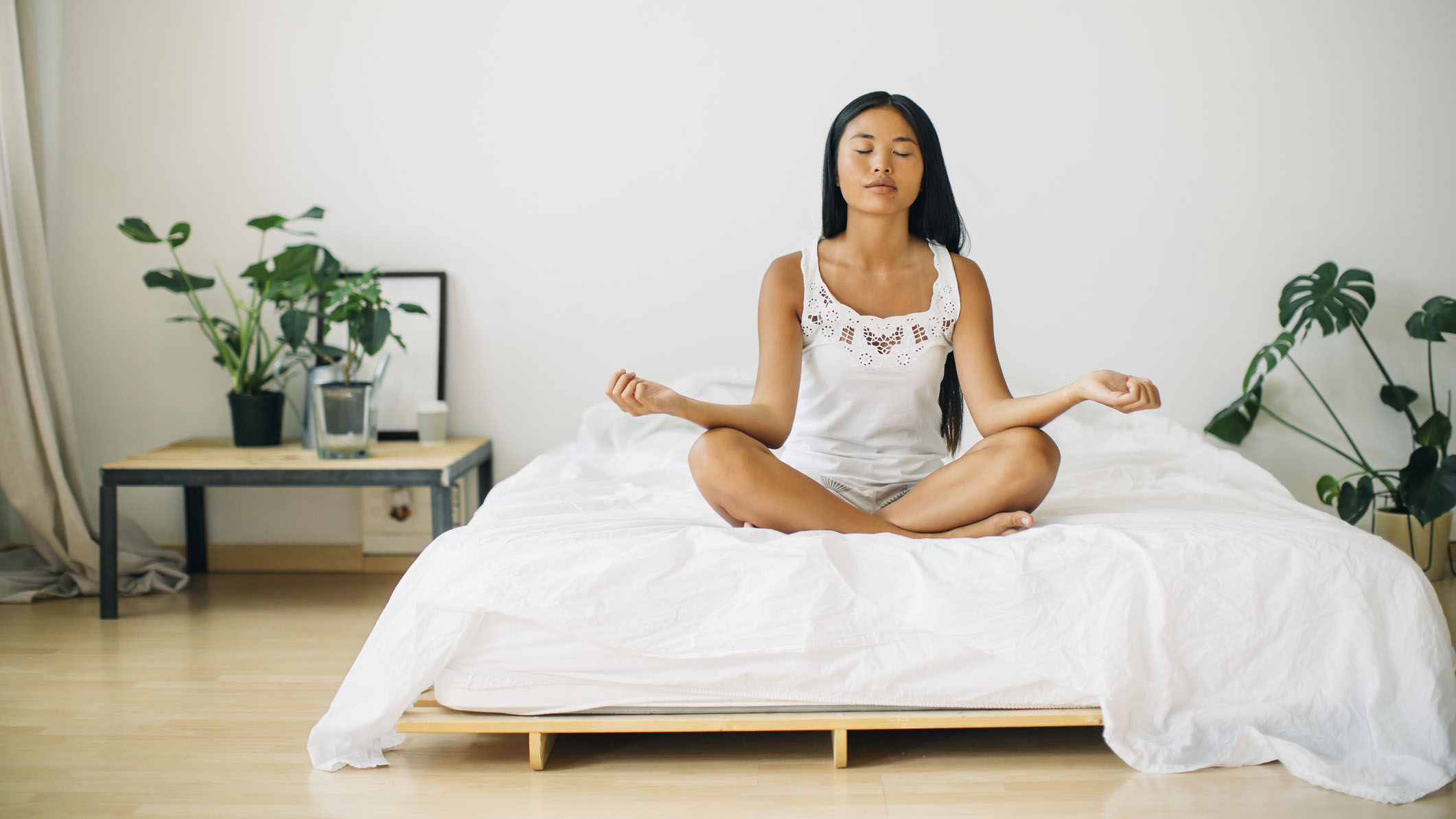
How does deep breathing help us fall asleep fast?
Deep breathing is a natural sleep aid and, best of all, it’s completely free and easy to do. Research has shown that it can be effective for people with insomnia, and how slow, deep breathing – especially when used with sleep hygiene techniques – can help people initiate sleep faster.
Deep breathing is also one of the best ways to quickly lower stress in the body as, according to guidance shared by the University of Michigan Health, ‘it sends a message to your brain to calm down and relax. The brain then sends this message to your body.’
The 4 7 8 sleep method takes no time to practice, so try it twice a day for the next four to six weeks and see how it benefits your sleep. If you have any concerns about your quality of sleep though, speak to your healthcare professional to see what help is available to you.
Also, don’t forget that your bed can impact how well you sleep, so make sure you have the best mattress for your body. If you aren’t ready for a new mattress just yet but your bed needs a big comfort boost, try a thick mattress topper instead. Both are seeing price cuts thanks to the incoming Presidents’ Day mattress sales.
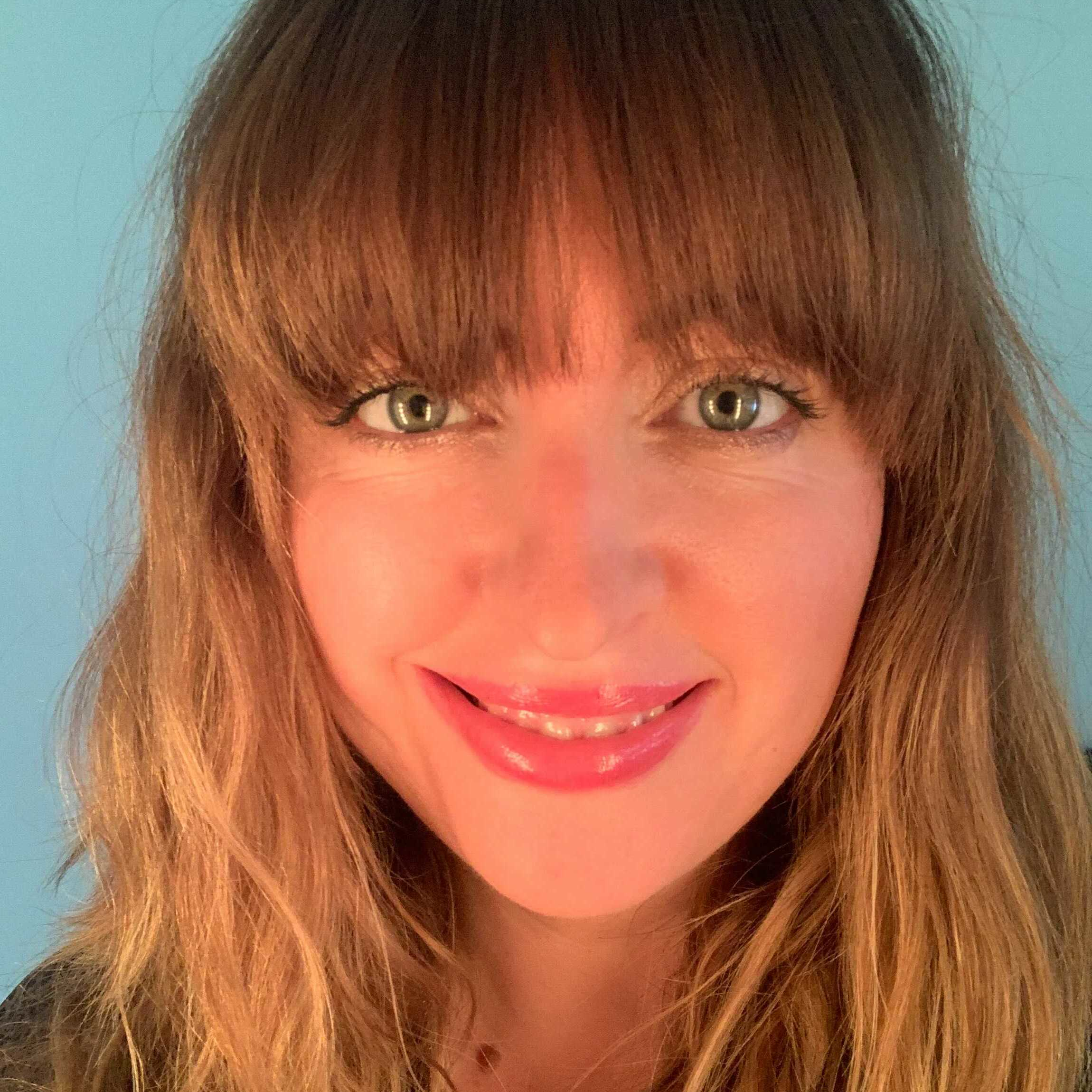
Claire is a Certified Sleep Science Coach and the Senior Sleep Editor at Tom's Guide who curates our mattress buying guides and oversees our rigorous mattress testing procedures. Claire has over 16 years’ product review experience and is connected to a wealth of globally renowned sleep experts including mattress designers and buyers, neuroscientists, and doctors of sleep medicine. Claire is responsible for all mattress and sleep content published on Tom’s Guide and is our expert on Saatva, DreamCloud, and Nectar mattresses. Claire is also certified to advise people on how to choose a mattress that suits their needs and budget, as well as helping them to create a nighttime routine and bedroom environment that helps them sleep better.

